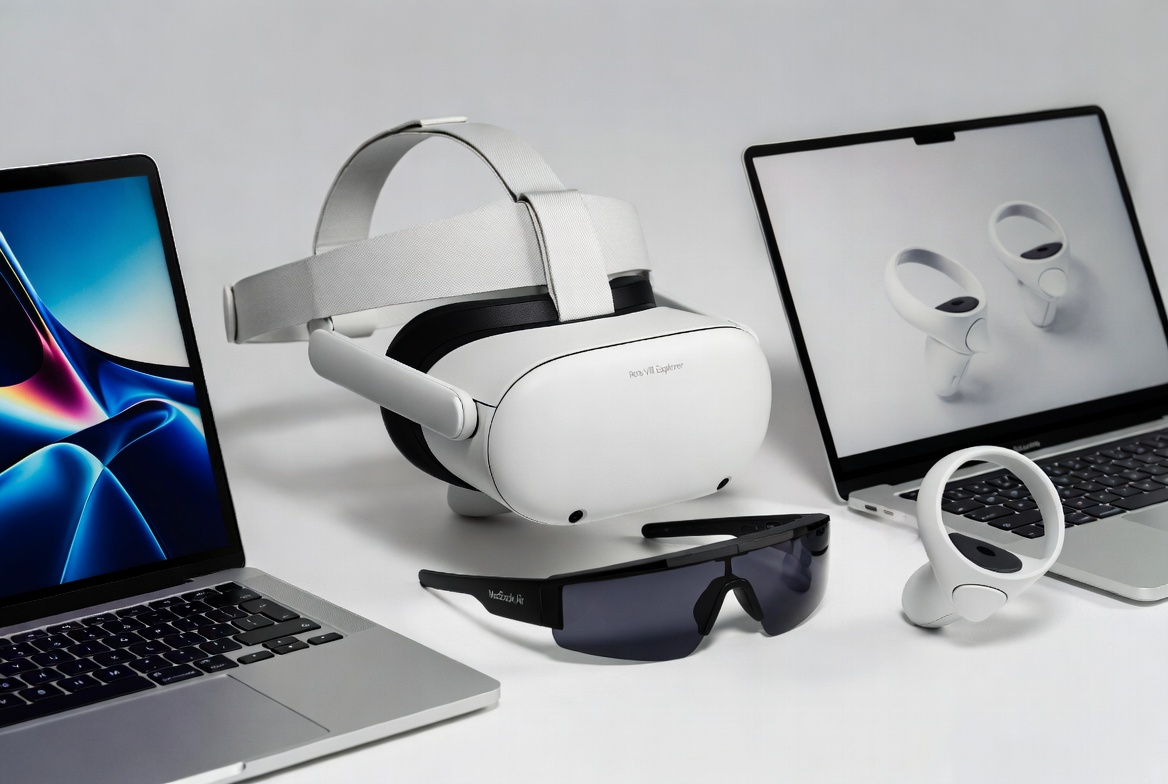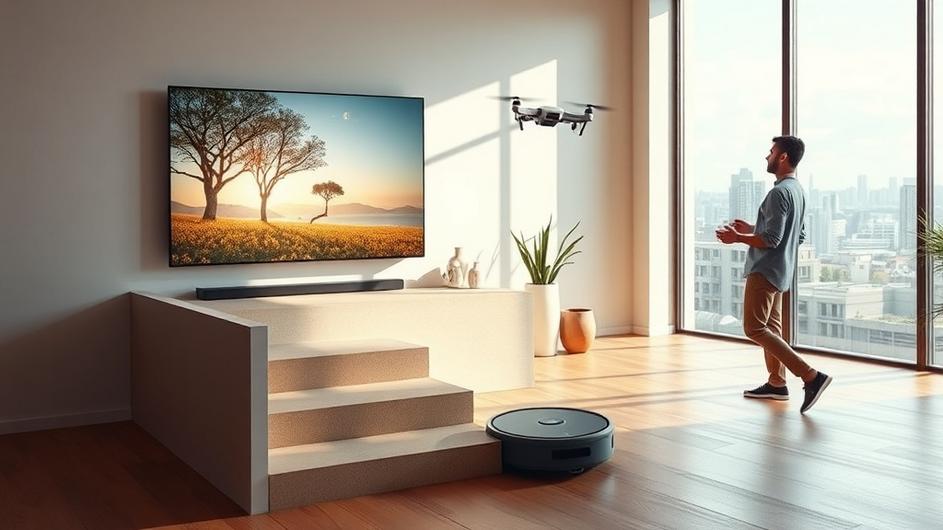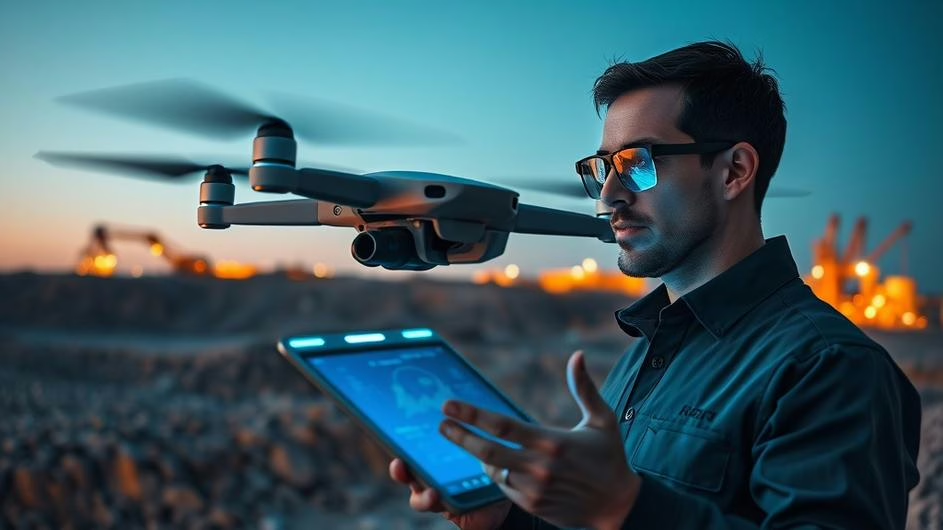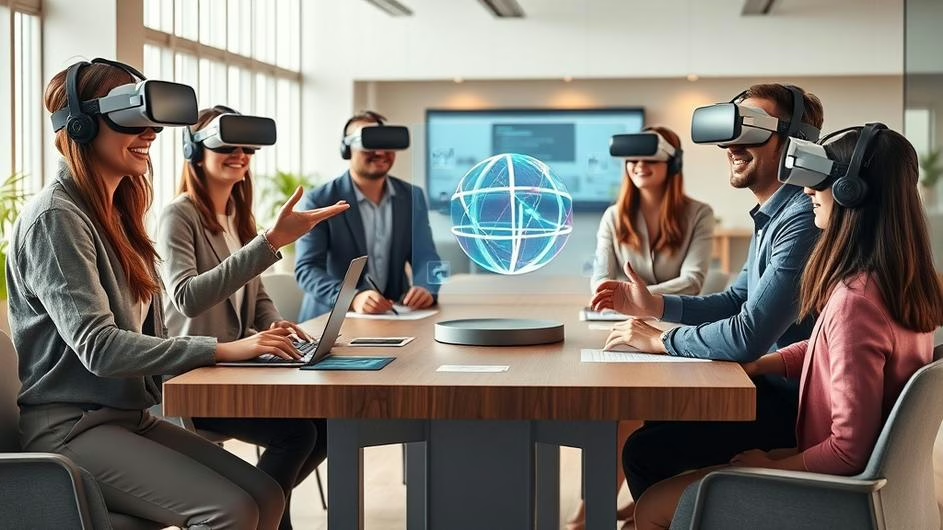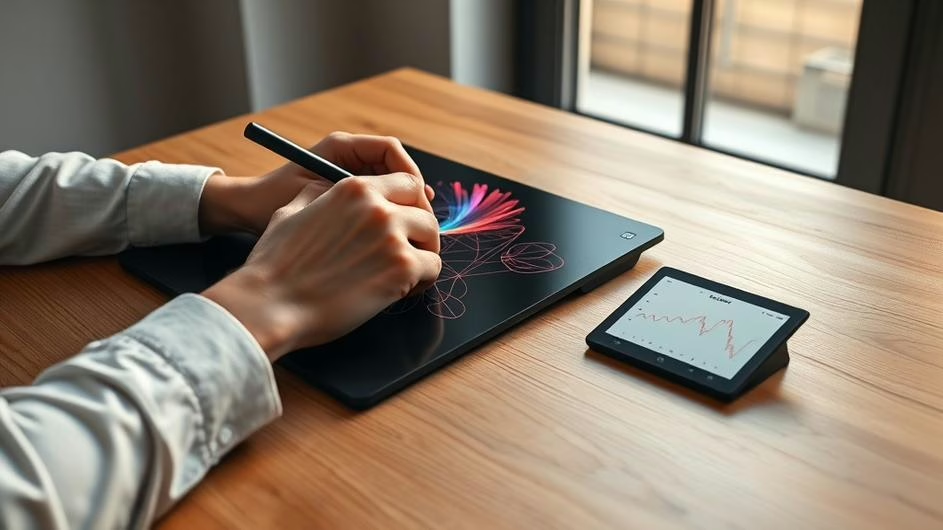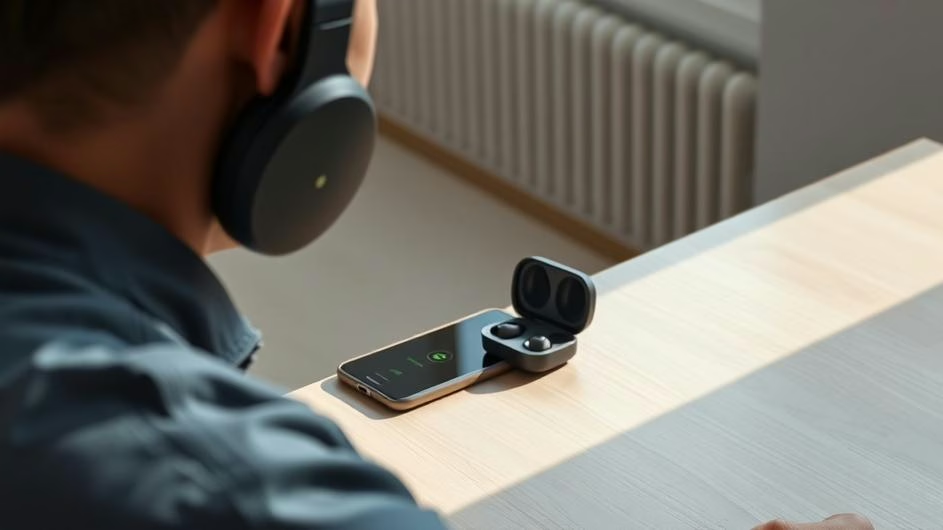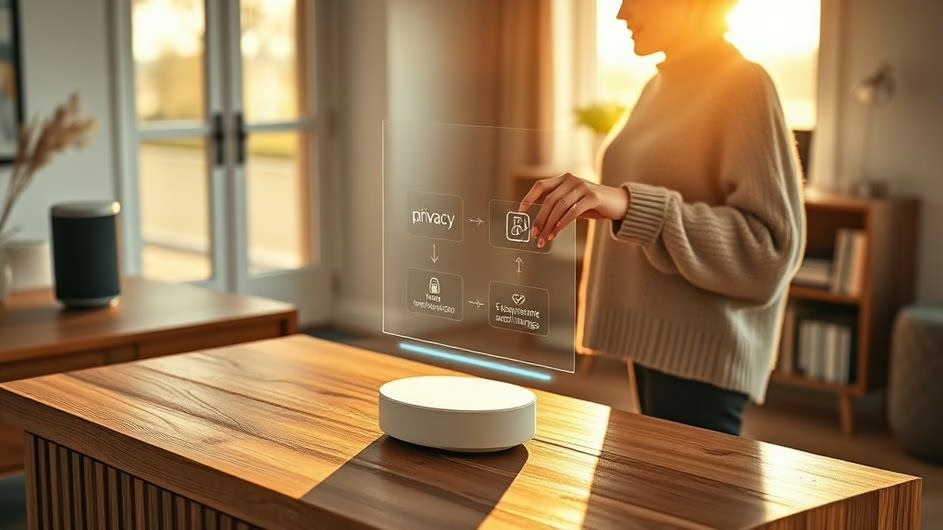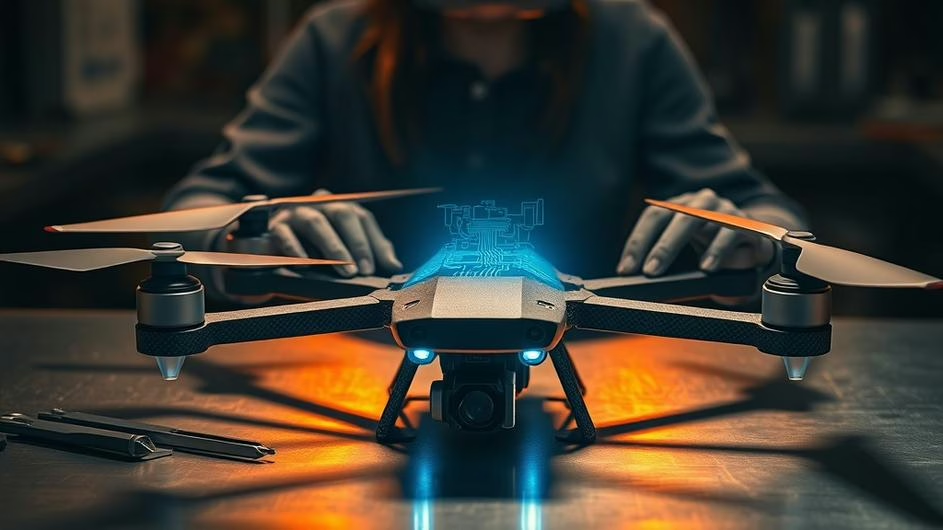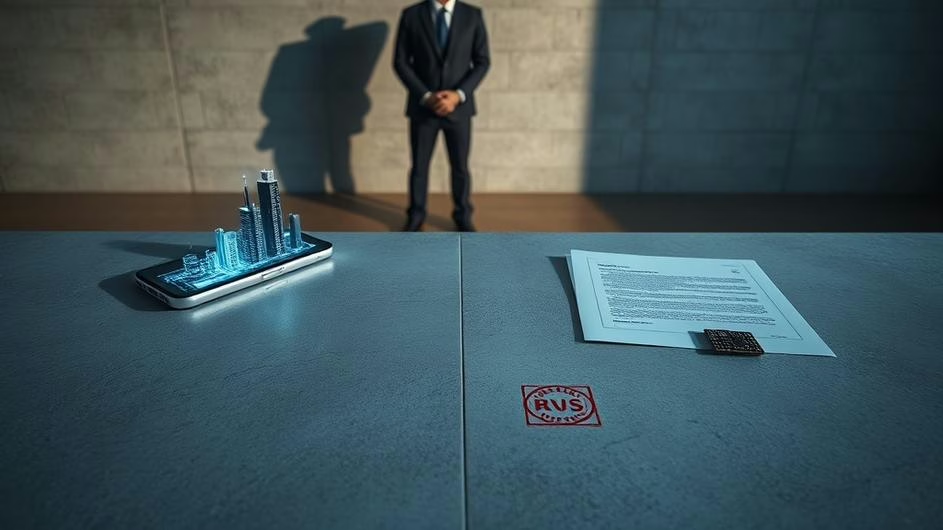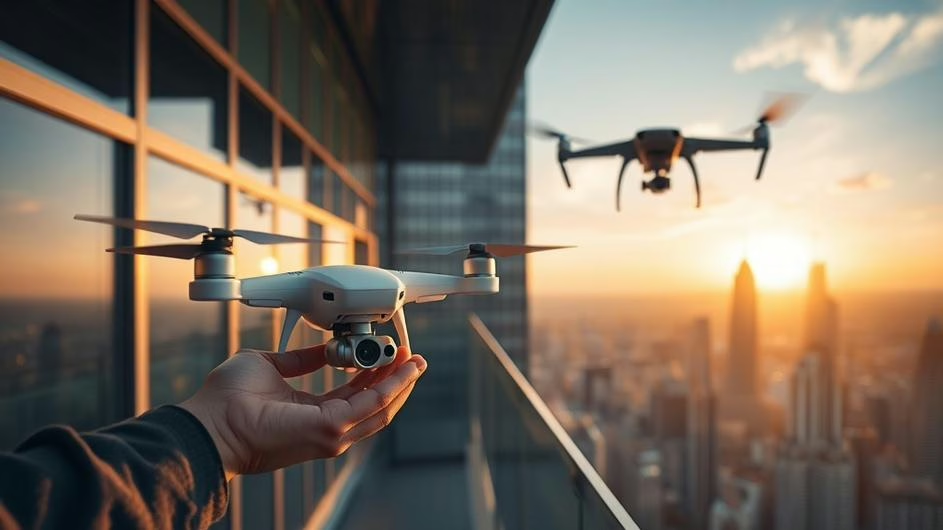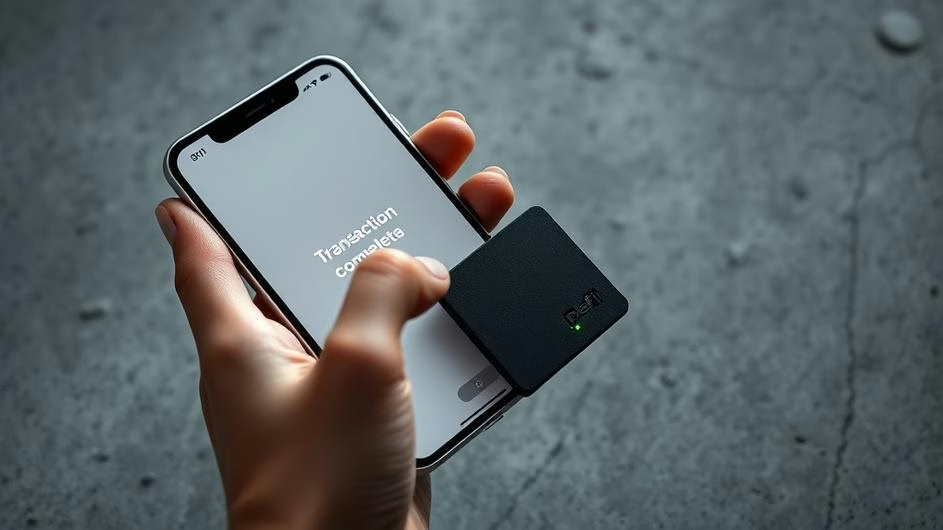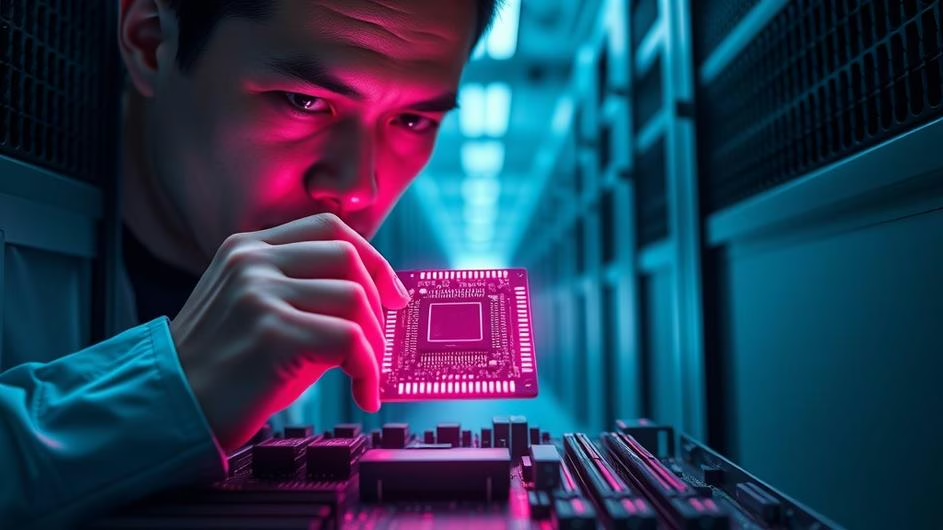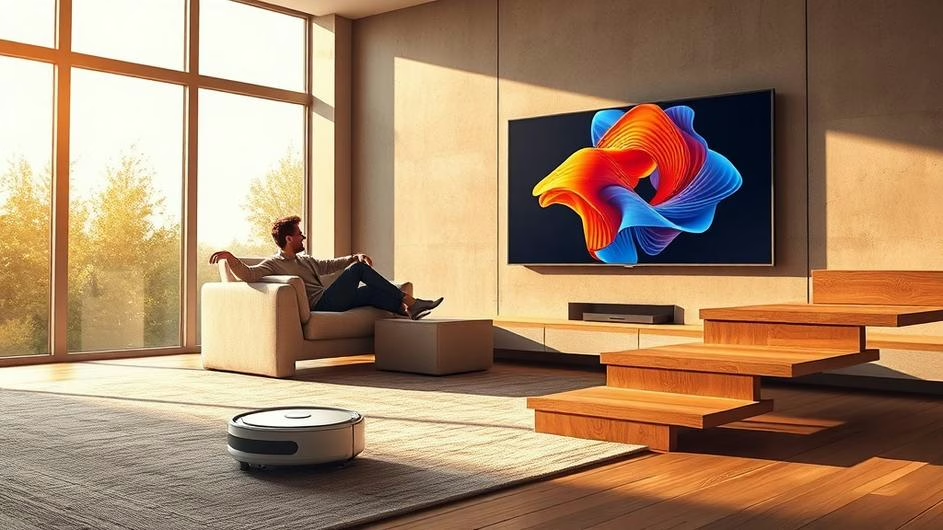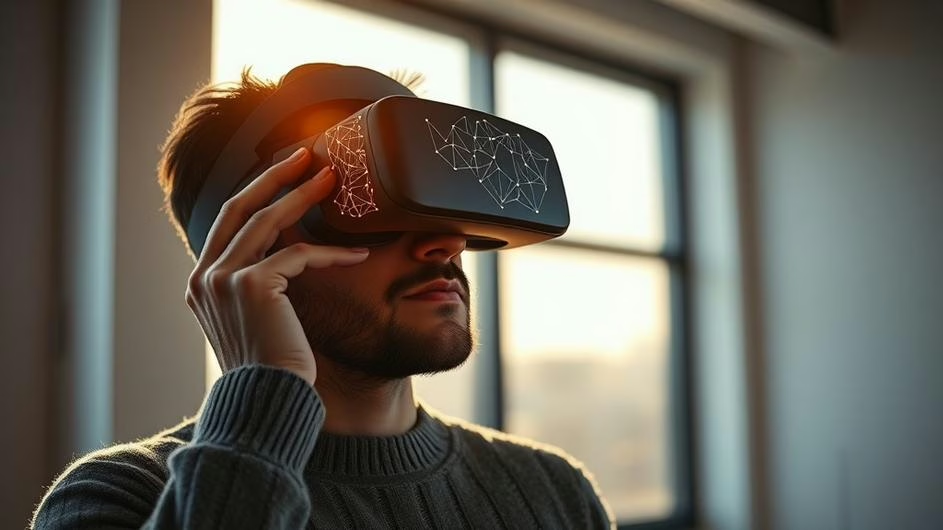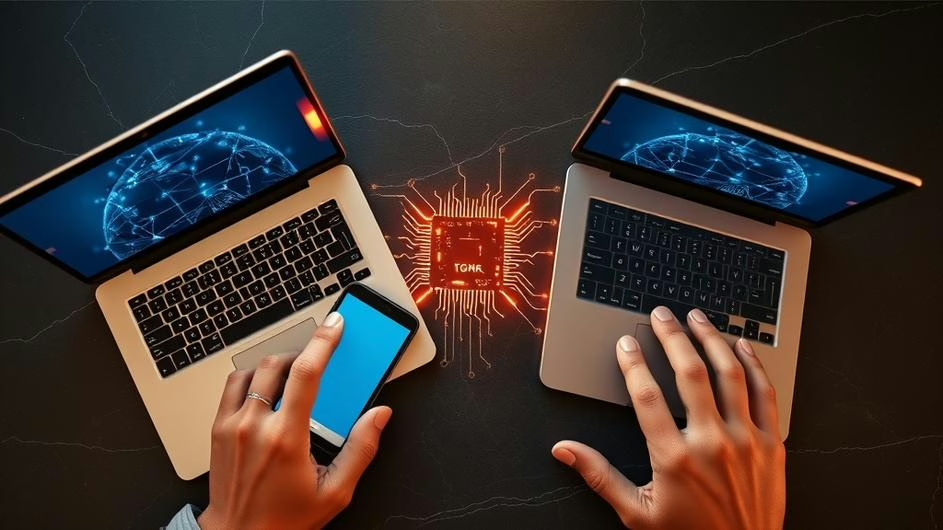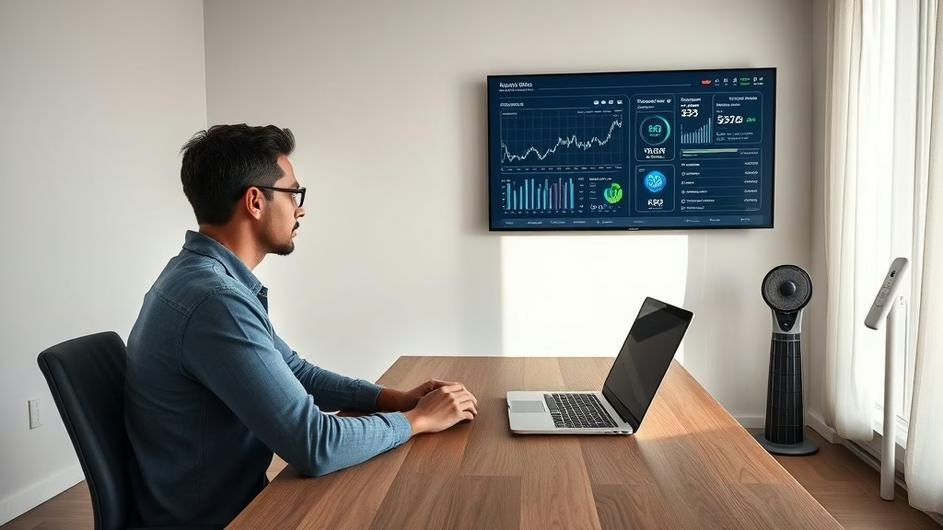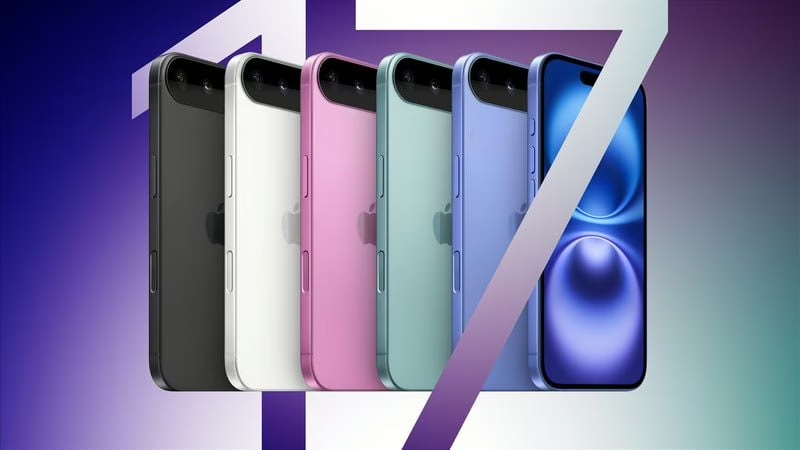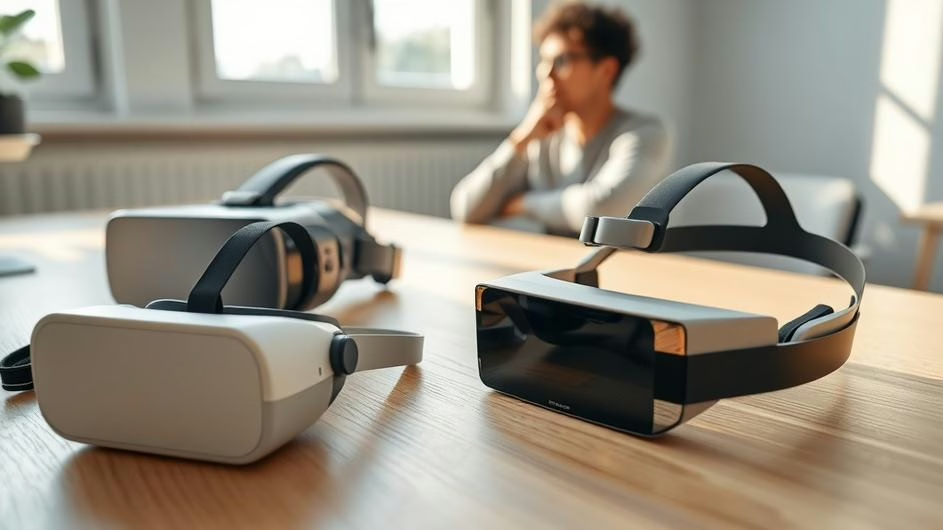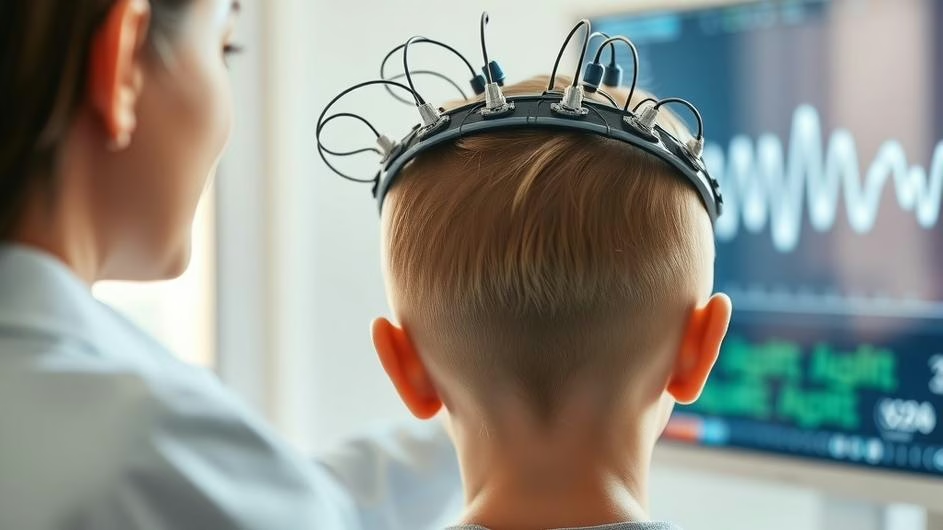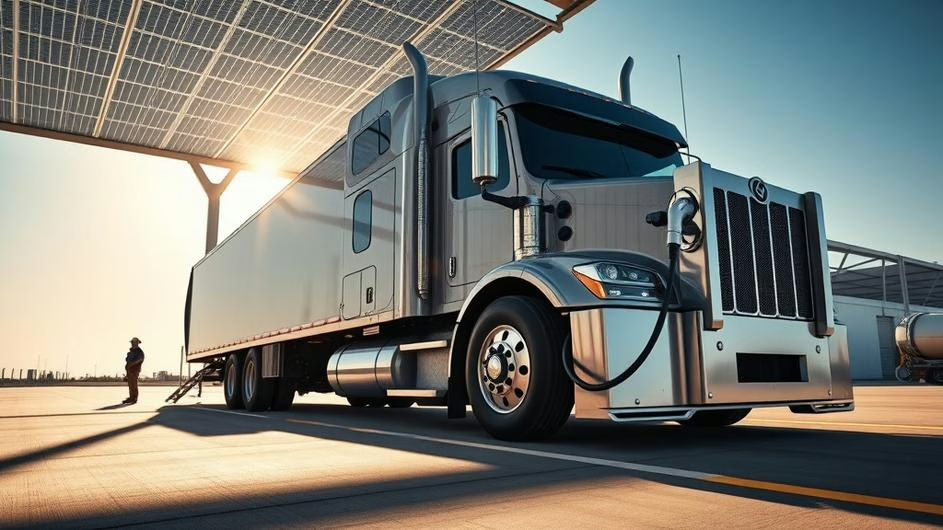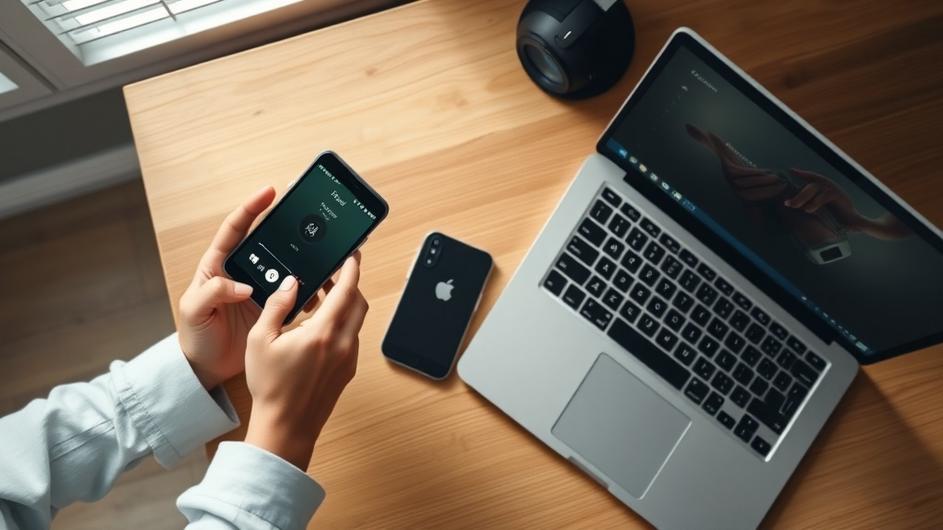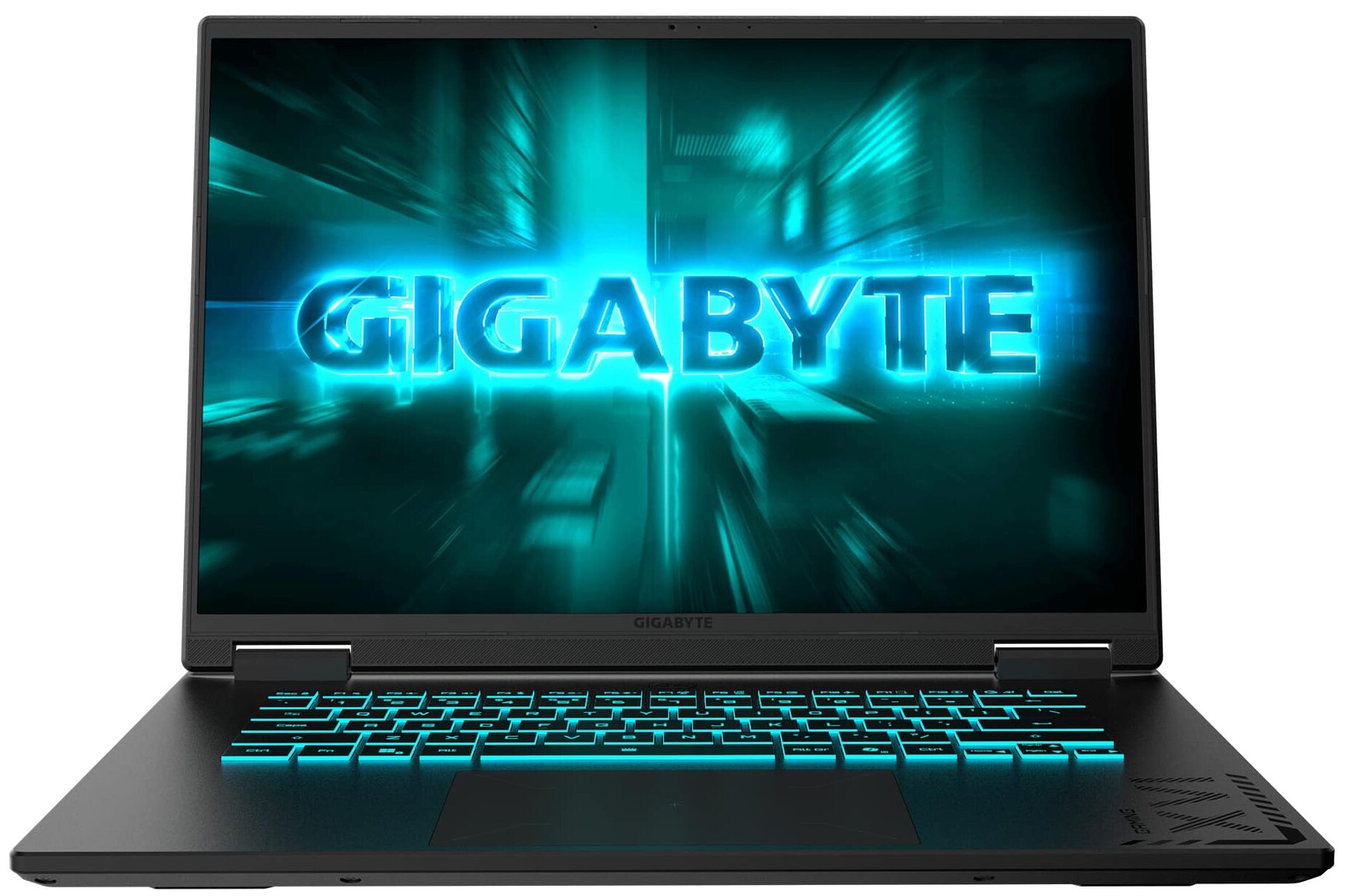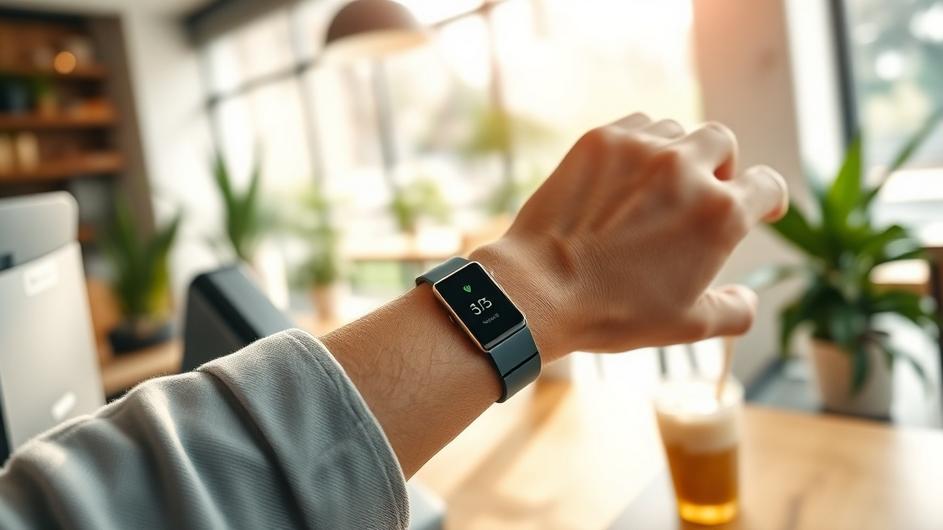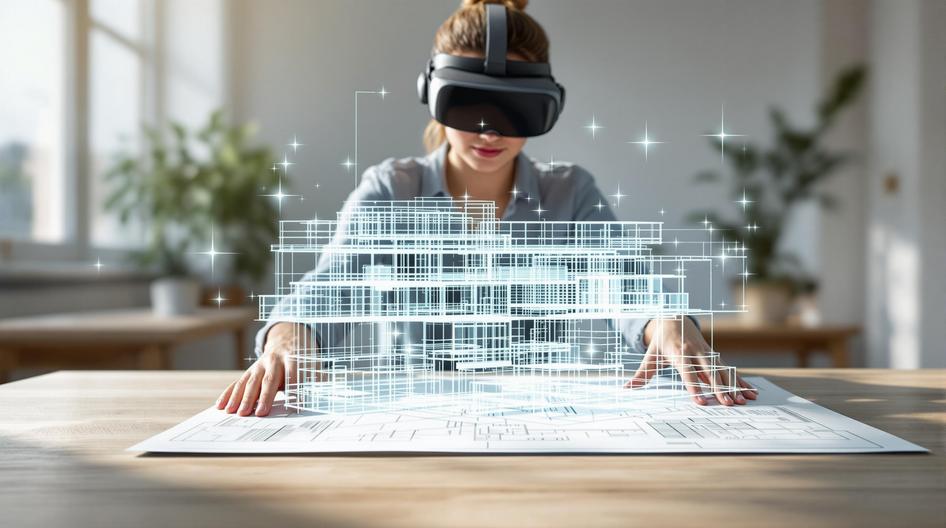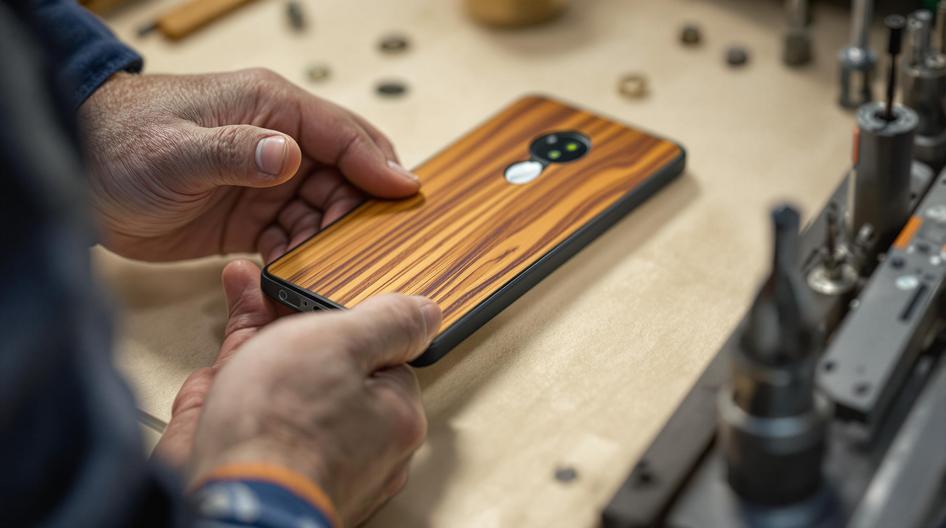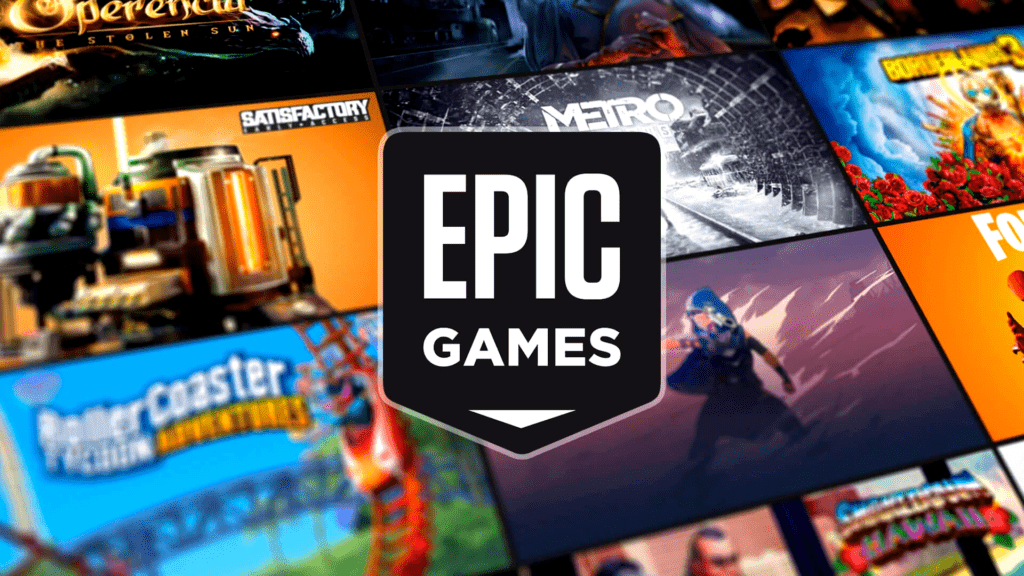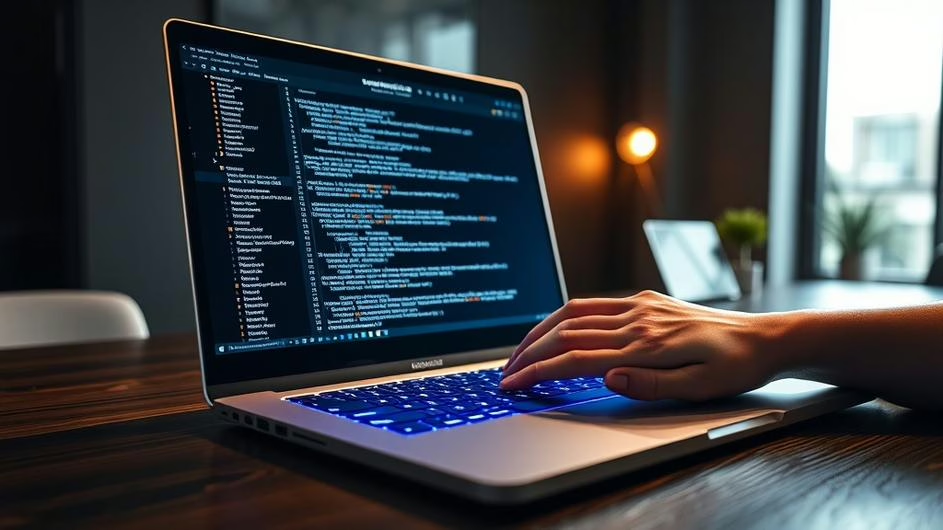
Next-Gen Laptops, Windows Transition, and What It Means for Tech Innovators
The computer world is having a moment in 2025. Microsoft, HP, Asus, and Lenovo are all making moves that’ll reshape how we think about power and accessibility in our increasingly AI-driven world. Whether you’re building the next big blockchain application or just need a reliable machine for your daily work, the choices you make now could define your productivity for years to come.
But here’s the thing: this isn’t just about getting faster processors or prettier screens. We’re talking about fundamental shifts that’ll impact everything from security to accessibility across the entire tech landscape.
Windows 10’s Final Chapter: Why This Matters More Than You Think
Microsoft’s decision to pull the plug on Windows 10 support has tech advocates up in arms. Consumer Reports recently called out CEO Satya Nadella, pointing out that millions of users are stuck with three pretty lousy options: pay for extended security patches, buy a whole new Windows 11-compatible machine, or risk running an increasingly vulnerable system.
For anyone working in crypto or Web3 development, this isn’t just an inconvenience. It’s a potential security nightmare. Think about it: outdated systems become prime targets for cybercriminals. Your crypto wallets, development tools, and blockchain nodes could all be at risk if your underlying OS isn’t getting critical security patches.
Sure, Microsoft says their 365 apps will keep getting security updates for another three years on Windows 10. But the core operating system? That’s a different story. Industry experts are calling this a significant risk, not just for individual users, but for businesses and projects that can’t afford to upgrade their entire hardware fleet overnight.
If you’re serious about staying secure in the crypto space, now’s the time to audit your tech stack and plan for a Windows 11 future.
The Hardware Arms Race: When Specs Get Serious
While Microsoft sorts out its OS strategy, laptop manufacturers are going all-out with some seriously impressive hardware. Asus just dropped their ProArt P16 creator laptop at $3,999.99, featuring Nvidia’s new RTX 5090 and a stunning 4K tandem OLED display. This isn’t just a laptop; it’s basically a portable workstation that could handle everything from VR development to complex blockchain rendering tasks.
But here’s where things get really interesting. HP is making elite-level computing accessible with their 17-inch business laptop deal featuring a 12-core Intel Ultra 7 processor, 64GB of RAM, and 2TB SSD for just $1,119 after a massive 72% discount. That’s the kind of computational power that was reserved for high-end workstations just a few years ago.
For crypto traders running AI-powered trading bots or developers spinning up multiple test environments, this level of performance at this price point is a game-changer. The bundled accessories (USB hubs, flash storage) also reflect how work has become increasingly mobile and distributed.
Lenovo isn’t sitting on the sidelines either. Their 15-inch laptop with 40GB RAM and 1TB SSD is hitting all-time low prices, creating a three-way battle for the budget-conscious power user market. For developers who need to compile large codebases or run multiple blockchain testnets simultaneously, that extra RAM and storage makes all the difference.
The Windows 11 Reality Check
Here’s the uncomfortable truth: if your current machine can’t run Windows 11, you’re facing some tough decisions. CNET’s recent guide breaks down the options, but none of them are particularly appealing for users with slightly older hardware.
Without regular security updates, these systems become increasingly vulnerable. For anyone handling sensitive data or working with digital assets, that’s not just inconvenient. It’s potentially catastrophic.
The silver lining? Microsoft 365 apps will continue receiving security updates for three more years, even on Windows 10. But let’s be honest: that’s more of a band-aid than a long-term solution. The message is clear: start planning your transition to Windows 11 now, or risk being left behind as the tech world moves forward.

What This All Means for Tech Innovation
These hardware and OS developments aren’t happening in a vacuum. They’re setting the stage for the next wave of technological innovation. As AI continues transforming industries, and as Web3 applications become more sophisticated, the hardware we choose today will determine what’s possible tomorrow.
Early adoption of AI-accelerated hardware, combined with robust security practices and regular updates, isn’t just recommended anymore. It’s essential for anyone who wants to stay competitive in the rapidly evolving tech landscape.
Whether you’re developing the next breakthrough in decentralized finance, working on immersive VR experiences, or just need a reliable machine for your daily workflow, the choices you make now will echo for years to come. The good news? With companies like HP, Asus, and Lenovo pushing the boundaries of what’s possible at every price point, there’s never been a better time to upgrade.
The question isn’t whether to upgrade. It’s how quickly you can adapt to this new reality.
Sources
- Microsoft should continue supporting Windows 10, says Consumer Reports – digit.in, Sep 17, 2025
- This Elite-Level HP Laptop Bundle (64GB RAM, 2TB SSD) Drops Again Overnight, 72% Off and Likely as Low as It Gets – Kotaku, Sep 11, 2025
- Asus gives its $4,000 creator laptop a 4K tandem OLED and RTX 5090 – The Verge, Sep 12, 2025
- Lenovo’s 4.6-Star 15″ Laptop (40GB RAM, 1TB SSD) Just Hit Its All-Time Low, Fighting Back Against HP and Dell Deals – Gizmodo, Sep 12, 2025
- Can’t Run Windows 11? Here’s What You Should Do Next – CNET, Sep 11, 2025


